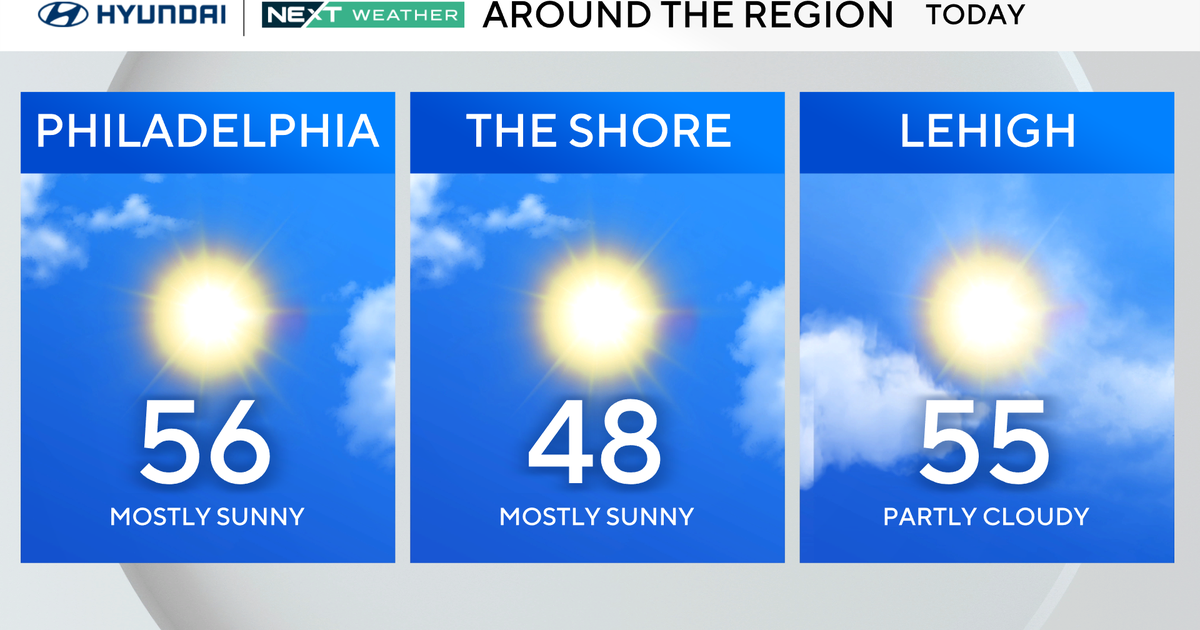End of daylight saving time can disrupt your health. Here are 3 expert tips to help cope with "falling back."
Gaining an extra hour of sleep as daylight saving time ends in the early hours of Sunday, Nov. 3, 2024, might sound like a win, but experts say there are still ways that "falling back" can disrupt our health.
"Every time we interrupt our sleep pattern, that interferes with our health. There's increased risk for cardiovascular disease, heart attacks (and) increased risk for motor vehicle accidents, as well," Dr. Christopher Pham, a sleep medicine specialist at Allegheny Health Network, told CBS News Pittsburgh,
While all age groups are vulnerable, sleep changes especially impact the elderly and kids, Pham added.
"It interferes with their work, their performance and sports," he said.
The time change can also affect people's mood and mental health.
"Despite the gaining or losing an hour, one of the things that we can expect is the light exposure (to change)," Blair Steel, a licensed clinical psychologist with Carrara Treatment Wellness & Spa, previously told CBS News. "And we know that less morning light can decrease levels of mood-boosting hormones, such as serotonin."
How long to adjust to daylight saving time change?
Pham said it typically takes about one to two days to adjust to just a one-hour time change.
That's because "we have our circadian rhythm, and in fact, all of our cells in our body is linked up with a clock," he explained.
To help the adjustment go more smoothly, take advantage of the extra hour. "Don't just go ahead and party the night before... get that hour of sleep," Pham said. "We're all are sleep deprived. So go ahead, sleep at the same bedtime, and get that extra hour."
End of daylight saving time and depression
Being aware of these changes — and taking steps to address their impact — can also help shore up your defenses against the winter blues or seasonal depression, clinically known as seasonal affective disorder, or SAD.
About 3% to 5% of people may develop SAD, says Vanessa Kennedy, director of psychology at Driftwood Recovery, explaining that it typically involves the onset of "depressed mood in the fall or winter seasons when weather conditions become rainy, cold and gloomy for an extended period of time."
"Reduced hours of sunlight that come along with ending daylight saving time in the fall can exacerbate these symptoms," Kennedy shared last fall.
Tips for adjusting to the end of daylight saving time change
Use light: "Even though you may have an extra hour of sleep, it's important to balance that with having some light in the morning," Steel suggests. "If you go to work after (the time change), and you come home and you're driving home in the dark, that can certainly increase depression."
If your schedule or gloomy weather keeps you from experiencing natural light during your day, consider light-box therapy or special lamps that mimic the sun.
"Indoor light-box devices mimic the effects of natural sunlight, contributing to normalization of hormone and vitamin levels and setting up the right biological factors to improve mood," Kennedy says.
Exercise: Need another pick-me-up when light is lacking? Try exercise.
"Regular exercise can increase serotonin levels and boost mood," Kennedy says. "While exercising outdoors may not always be possible during bad weather, exercising indoors or adopting outdoor fall or winter exercises that incorporate nature can be beneficial."
Be aware of warning signs: For some people, increased light and movement might not be enough to avoid seasonal depression. If this is the case, Steel says you should be aware of some warning signs it may be time to seek professional help, including an inability to experience pleasure.
"If there are things that you typically enjoy, and you just aren't able to feel that same level of joy, whether it's music or time with friends, that's definitely a red flag," she says. This may be coupled with increasing isolation.
"Isolation is something that you see with many kinds of mental health conditions," she adds. "So if you see if you're isolating, it's definitely time to get some help."
If you are feeling depressed as the days grow shorter — or any time of year — there are treatment options, including therapy and antidepressant medications, that may help.
"Talk to your health care provider about which treatment, or combination of treatments, is best for you," the National Institute of Mental Health advises. It offers some resources on its website for how to find help.



